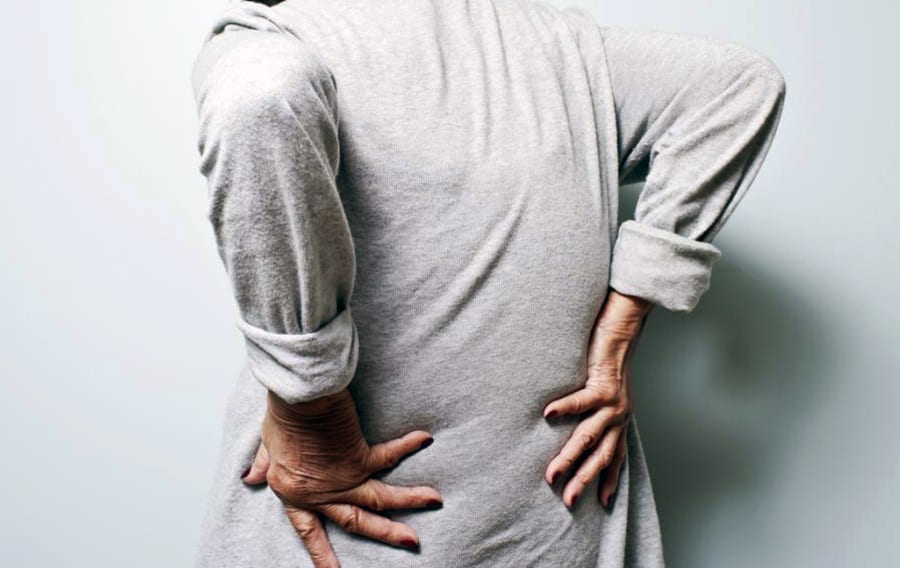COVID-19 crisis could leave next generation of retirees poorer and sicker than the last, new research suggests

Commissioned by the Centre for Ageing Better, new data from Ipsos MORI suggests that the coronavirus crisis risks creating a ‘lost generation’ of retirees facing poor health and financial insecurity in retirement.
The Centre for Ageing Better has warned that the coronavirus pandemic could lead to a generation of people in their 50s and 60s entering retirement in poor health and without enough money to support themselves.
In light of these statistics, the Centre for Ageing Better is calling on the UK Government to provide tailored job-seekers support for the over 50s as well as a commitment to improving the nation’s health.
According to the research, 20 percent of people in their 50s and 60s have seen their physical health deteriorate during the lockdown period and more than a third say their mental health has worsened.
The research also shows that over half have had a medical or dental appointment delayed or cancelled, leaving conditions untreated. Of this age group, 37 percent have been drinking more alcohol during lockdown and 39 percent have been smoking more, the statistics reveal.
In addition, almost half of people in their 50s and 60s surveyed believe that their personal finances will worsen over the next year and only 39 percent of those who are currently furloughed or of working age, but not in employment, are confident that they will be employed in the future.
The Centre for Ageing Better warns that without action, the impact of lockdown risks creating a ‘lost generation’ of pensioners in poor health and financially insecure.
Now, the charity is calling on the UK Government to make sure this generation is not left behind in the recovery and to provide tailored job-seekers support for older workers. This will protect the financial wellbeing of this age group and contribute to the UK’s economic recovery, the Centre for Ageing Better says.
Ageing Better has also warned that government efforts to improve the nation’s health must be redoubled to avoid vital progress being lost. With health inequalities increasing, the charity says that, without action, these inequalities risk becoming entrenched within this generation of retirees.
Anna Dixon, Chief Executive at the Centre for Ageing Better, said: “These figures are deeply worrying. If this generation continues to be an afterthought in the coronavirus recovery, we will see a lost generation entering retirement in poorer health and worse financial circumstances than those before them.
“We know that the over 50s already face serious disadvantages in the workforce, are more likely to be made redundant and struggle more than any other group to get back into work once they have fallen out. And yet this group are being ignored when it comes to proposed actions to support the recovery.
“At the same time, it’s clear that this group also face serious risks to their health. More than one in five have seen their health deteriorate during lockdown. We need to see much stronger action to improve the health of the population and tackle the causes of preventable illness and disability, especially in poorer areas.”
The new figures show that the unemployed and those who anticipate their finances worsening over the next year are more likely to have seen their health deteriorate over the lockdown period. The Centre for Ageing Better is calling on the government to take decisive action to improve health and close the gap in disability-free life expectancy between the richest and poorest.

